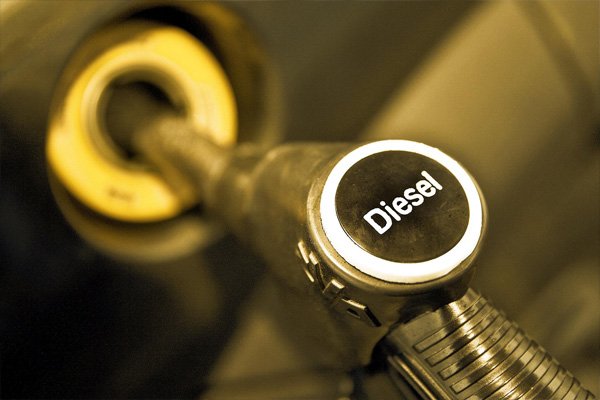
The Manufacturers Association of Nigeria has warned that a shutdown of manufacturing activities is imminent if nothing is done to address the soaring cost of energy bedevilling the sector.
According to a statement by the Director-General of the association, Segun Ajayi-Kadiri, over the years, the manufacturing sector has been battered by numerous challenges which have reduced the number of industries in Nigeria and converted industrial hubs in many parts of the country to warehouses of imported goods and event centres.
MAN also asked for a policy that would urgently allow companies and airlines to import diesel and aviation fuel respectively from the Republic of Niger and Chad.
MAN said by immediately opening up border posts in that axis for this purpose, the effect of high diesel and aviation fuel prices would be cushioned on the economy.
The association also called for help in saving the remaining manufacturing companies from closing down as a result of challenges arising from the inadequate electricity supply, inaccessible foreign exchange, and a rise in the cost of diesel.
Ajayi-Kadri said there were uncertainties and fear of survival of firms, and expressed fear of a force majeure over increasing diesel prices by 200 per cent.
Findings showed that diesel, which was sold at N266/litre as of October 2021, has recently increased to above N800/litre, which is above 200 per cent.
There are fears that the price could climb to N1500 if nothing is done to resolve the crisis, especially in terms of Russia’s invasion of Ukraine.
“Four obvious questions that readily come to mind that are seriously begging for answers are- What can we do as a nation to strengthen our economic absorbers from external shocks? Should manufacturing companies that are already battered with multiple taxes, poor access to foreign exchange and now over 200 per cent increase in the price of diesel be advised to shut down operations? Should we fold our arms and allow the economy to slip into the valley of recession again? Is the nation well equipped to manage the resulting explosive inflation and unemployment rates?
“More worrisome is the deafening silence from the public sector as regards the plight of manufacturers,” he said.
The association identified challenges such as a high operating cost environment largely caused by inadequate electricity supply, the high cost of alternative sources, excessive regulation and taxation, as well the inadequate supply of foreign exchange for the importation of raw materials, spare parts, and machinery that were not locally available.
To remain in business, the manufacturers demanded the development of a National Response and Sustainability Strategy to address challenges emanating from the ongoing invasion of Ukraine by Russia. They also demanded consistent support to manufacturing to accelerate the process of recovery from the aftermath of COVID-19 and previous bouts of recession to avert the complete shutdown of factories nationwide with multiplier effects on employment and the economy.
Other demands included: the issuance of licenses to manufacturing concerns and operators in the aviation industry to import diesel and aviation fuel directly to avert the avoidable monumental paralysis of manufacturing activities arising from the total shut down of production operations and movement of persons for business activities and addressing the challenge of the repeated collapse of the national grid (twice within a week), which was causing acute electricity shortage in the country, especially for manufacturers.
Rising diesel prices have negative multiplier effects on the economy, said a partner and chair of the Energy & Natural Resources Practice Group at Bloomfield Law Practice, Ayodele Oni.
“It does make things more difficult as most manufacturers are forced to use diesel for production as the power sector struggles with little or no public power supply. Diesel prices become an input to production and the higher same is the higher the finished products will be. Separately, it has a negative multiplier effect on issues such as unemployment, which is currently at a record high. With more job losses, crimes will increase, our GDP per capital too will drop and will also impact taxes which form revenue to the government of the states and federation. It is important to aggressively improve grid/ public power supply to enhance the attractiveness of Nigeria to manufacturing. Labour is comparatively cheap but that alone isn’t sufficient. It doesn’t look pretty, at the moment,” he said.





